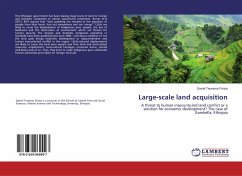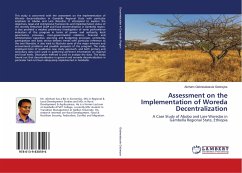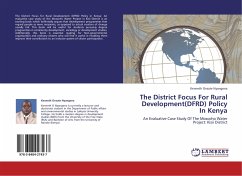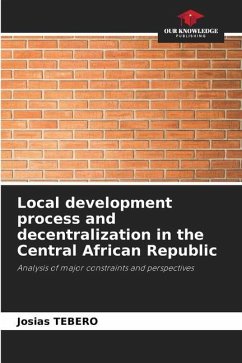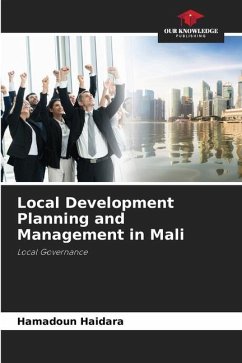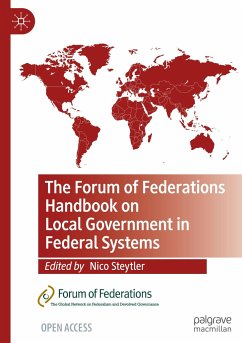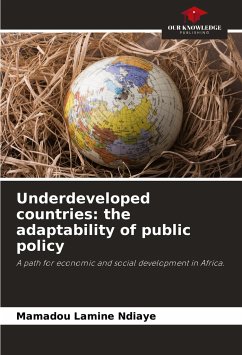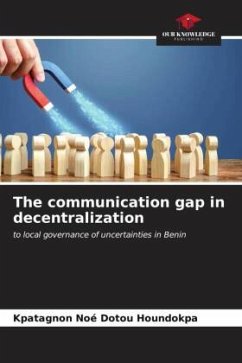
Forestland As Contested Space in Cambodia: A Focus on Land Concession
Versandkostenfrei!
Versandfertig in 6-10 Tagen
49,99 €
inkl. MwSt.

PAYBACK Punkte
25 °P sammeln!
This book seeks to understand the contested rights space and the space of negotiation through an exploration of contested claims to common resources between villagers and an agro-industrial company. This book argues that land concession policy leads to land enclosure and creates the conditions for the exclusion of local people from common resources, which are then put into private control, turned into commodities and opened up to the land market. The policy especially creates land disputes and conflicts, and contested claims to the meaning of rights over resource tenure. The study also shows t...
This book seeks to understand the contested rights space and the space of negotiation through an exploration of contested claims to common resources between villagers and an agro-industrial company. This book argues that land concession policy leads to land enclosure and creates the conditions for the exclusion of local people from common resources, which are then put into private control, turned into commodities and opened up to the land market. The policy especially creates land disputes and conflicts, and contested claims to the meaning of rights over resource tenure. The study also shows that the contestation over the meaning of rights leads to the opening up of space for negotiation and allows for the emergence of local governance. It will argue that local governance means collective action established by local people. This will be clearly shown in the case of local communities who struggle to negotiate with local state agencies for secure rights to water. The study will finally illustrate the successful negotiation for water through local arrangements, especially community-driven regulations and community networks with outsiders such as NGOs and the senior government.




